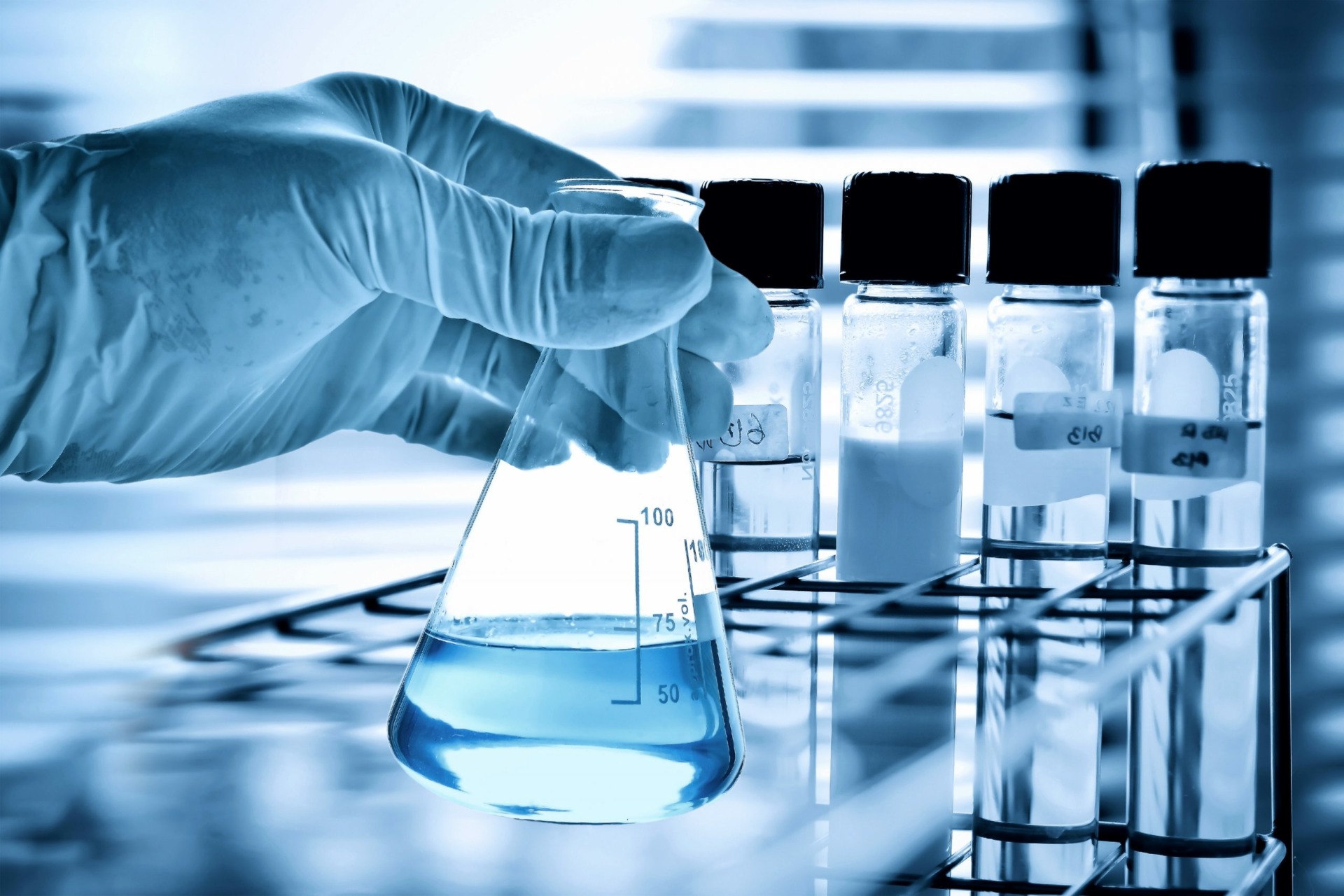Artikel | 24 november 2024
Fighting Antibiotic Resistance: Global and European legal strategies driving research and innovation

Introduction
Antimicrobial resistance (AMR) is among the most critical health issues globally, emerging when bacteria evolve to resist the medicinal products that are meant to kill or inhibit them. The global consequences are profound. According to the World Health Organization (WHO), antibiotic resistance threatens to reverse decades of progress in modern medicine. If left unchecked, antibiotic-resistant infections could cause 10 million deaths annually by 2050, surpassing cancer as a leading cause of mortality. This urgent challenge calls for a coordinated global response.[1]
The United Nations high-level meeting on antibiotic resistance
Recognising the international scale of the crisis, the United Nations has taken steps to enhance global cooperation. The 2016 UN General Assembly meeting on AMR marked a crucial milestone, as it was only the fourth time a health issue was discussed at this level, following issues such as HIV and Ebola.
On 26 September 2024, the UN held another high-level meeting, underlining its commitment to combat AMR. This recent meeting built on the 2016 gathering, which set a foundational level of global awareness but no specific goals or timelines. In contrast, the 2024 meeting yielded a declaration with time-bound objectives, including reducing use of antibiotics in healthcare and agriculture. Notably, the declaration emphasised vaccines as a preventive measure, integrating vaccination strategies to reduce infection rates and the need for antibiotics—and highlighting a valuable but previously underutilised tool in the fight against AMR.
The declaration also addressed the urgent need for new antibiotics, proposing both “push” and “pull” incentives. For example, it recommends disconnecting antibiotic profitability from sales volume, encouraging pharmaceutical companies to invest in antibiotic research without relying on high usage. Experts further suggested “voucher” programmes to extend patents on other drugs, providing financial compensation for the costly development of new antibiotics.
The European Union’s legislative and regulatory response
The European Commission has recently proposed EU pharmaceutical legislation consisting of a new Directive and a new Regulation. This new EU pharmaceutical legislation is designed to modernise and reinforce the EU’s approach to drug regulation, especially in combating antibiotic resistance. The proposal incorporates measures designed to foster antimicrobial innovation while also addressing the reduction of antimicrobial resistance spread.
Promoting innovation in antimicrobial research
Antibiotic development has slowed dramatically in recent decades, partly due to the high cost and low financial returns for pharmaceutical companies. To promote the development of essential antimicrobials, the proposed EU pharmaceutical legislation introduces a transferable data exclusivity voucher for developers. This voucher provides an additional 12 months of regulatory data protection for the developer of a priority antimicrobial. Developers have the option to apply this voucher to any product that has received central authorisation or transfer it to another marketing authorisation holder for a different centrally authorised product.
This adaptable approach, along with economic incentives, aims to encourage innovation in antimicrobials by linking rewards to products other than the new antimicrobial. The value of an extra year of regulatory data protection can be substantial, especially in view of the potential reductions in market exclusivity periods mentioned in the proposal. However, the scheme is restricted to a duration of 15 years from the enactment of the regulation or until a maximum of 10 data exclusivity vouchers are issued, whichever comes first. In addition, specific restrictions apply regarding application of these vouchers.
The data exclusivity vouchers are specifically reserved for priority antimicrobials and are not available for all types. To qualify, an antimicrobial must meet at least one of the following criteria:
- It must represent a new class of antimicrobials.
- It must have a notably different mechanism of action compared to any authorised antimicrobials in the EU.
- It should contain an active substance that has not previously been authorised in the EU and should target a multi-drug-resistant organism, particularly for serious or life-threatening infections.
Preventive measures against antimicrobial resistance
The proposal also outlines several strategies to mitigate the spread of antimicrobial resistance (AMR) and promote the responsible use of antimicrobials. Key measures include:
Marketing authorisation restrictions related to AMR
Developers applying for marketing authorisation (MA) for antimicrobials must conduct an Environmental Risk Assessment (ERA) that evaluates the potential for AMR development through every stage of the manufacturing and supply chain, both within and outside the EU. This assessment must take into account factors such as the use and disposal of the antimicrobial. If the ERA is found to be incomplete or poorly substantiated, or if the environmental risks of the product are deemed to outweigh its benefits, the European Medicines Agency (EMA) and national authorities may deny the MA application.
Prescription-only access to antimicrobials
Under the Proposal, antimicrobials will be available solely through prescription. Member States may impose additional regulations, such as limiting the validity period of prescriptions, mandating diagnostic tests prior to prescribing or restricting the quantities prescribed to only what is necessary for the treatment course.
Regulation of pack sizes for antimicrobials
The Proposal enhances EU regulations concerning the packaging sizes, educational initiatives and proper disposal methods for unused or expired antimicrobials. The holder of the marketing authorisation is responsible for ensuring that the packaging aligns with the appropriate dosage and treatment duration. Furthermore, national regulations should guarantee that antimicrobials are dispensed in quantities that match the prescribed amount.
Information provision for healthcare professionals and patients
Marketing authorisation holders and Member States share an obligation to disseminate information to healthcare professionals (HCPs) and patients regarding the proper use, storage and disposal of antimicrobials. Marketing authorisation holders are tasked with creating informational materials for both HCPs and patients. Such may include awareness cards that provide information about AMR, appropriate usage and disposal methods. These materials will be based on standardised content developed by the EMA, which should also highlight the dangers of improper disposal contributing to AMR.
Conclusion: A coordinated approach for a global health threat and enhanced initiatives for pharmaceutical companies
The EU’s proposed pharmaceutical legislation represents a significant step forward in the fight against antibiotic resistance. By combining regulatory oversight with incentives for innovation and measures aimed at reducing the spread of AMR, the proposal sets out a comprehensive framework that addresses both the immediate and long-term challenges posed by antimicrobial resistance.
Pharmaceutical companies play a crucial role in driving innovation in medical research and development. Their efforts to create new treatments and improve existing ones are vital in combating antimicrobial resistance. The proposed EU legislation aims to enhance incentives for pharmaceutical companies to develop new antimicrobials through targeted economic measures, encouraging innovation in this critical area of healthcare. This coordinated approach is essential, as antibiotic resistance is a complex, global health threat that transcends national borders. By fostering collaboration among Member States, healthcare providers and pharmaceutical developers, the EU is taking proactive steps to safeguard public health and ensure sustainable solutions for the future.
Setterwalls will continue to monitor and keep you updated on further developments regarding the legislative proposal.
[1] World Health Organization. ”New report calls for urgent action to avert antimicrobial resistance crisis.” WHO, 29 april 2019


